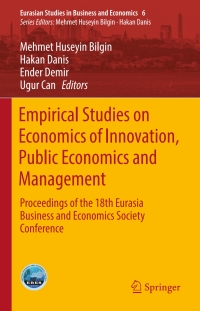Please help me with this question !! i will surely rate !! thank you soo much in advance.

Mini-Case C: (3 marks) The year 2020 was not an easy year for Samuel who graduated from the University of Toronto in April 2020. He was very sick with COVID-19 which delayed his job search. After many interviews, he finally landed a great job working at Microsoft in Montreal. His moving expenses totalled $1,000 (he saved all the receipts as he knew he could claim this as a deduction on his tax returns). He signed his offer letter with a start date of July 1, 2020, at a gross annual salary of $89,000 plus a lump-sum signing bonus of $5,000. Samuel is paid semi-monthly and received his first pay cheque on July 15, 2020. As an exceptional hard worker, he was also recognized by his manager and team where he received an award bonus of $10,000 on his December 15th pay. After having taken a Personal Finance course, he knew to put both bonuses into registered accounts; he therefore made contributions of $3,000 to his Registered Retirement Savings Plan (RRSP) and $12,000 to a Tax-Free Savings Account (TFSA). He noted that his Canada Revenue Agency (CRA) Notice of Assessment stated he could make RRSP contributions of up to $15,000 (based on his previous part-time work when he was a student). We are currently July 5, 2021, and Samuel is ready to file his 2020 personal income tax returns. He knows that he will be getting a refund and was therefore not worried about filing late or penalties. He could however use the refund due to his medical expenses from COVID and having to stay in a government hotel for quarantine, which totalled $1,500. His parents claimed his tuition of $5,000 on their returns. With his move to Montreal in June 2020, he is filing his returns as a resident of Quebec. Calculate his combined 2020 taxes payable. (See Table A; ignore Non-Refundable Tax Credits, Quebec Abatement, and any employer withholdings.) b) Calculate Samuel's Combined Federal and Quebec Personal Income Taxes Payable on his Taxable income (1 mark) 2020 Calculate Samuel's Combined Federal and Quebec Personal Income Taxes Payable on his Taxable income 1 first $44,545 on taxable income $44,545 up to $48,535 $48,535 up to $89,080 $89,080 up to $97,069 $97,069 up to $108,390 $108,390 up to $150,473 $150,473 up to $214,368 $214,368 Total Taxes Payable (1 mark) c) Samuel just turned 23 on July 1, 2021. Calculate the maximum Tax-Free Savings Account (TFSA) that he could contribute today (taking into consideration carry forward amounts). Note that Samuel has not made any other contributions except for the contribution in 2020 and has never made any withdrawals. (1 mark) Calculation: (1 mark) 1










